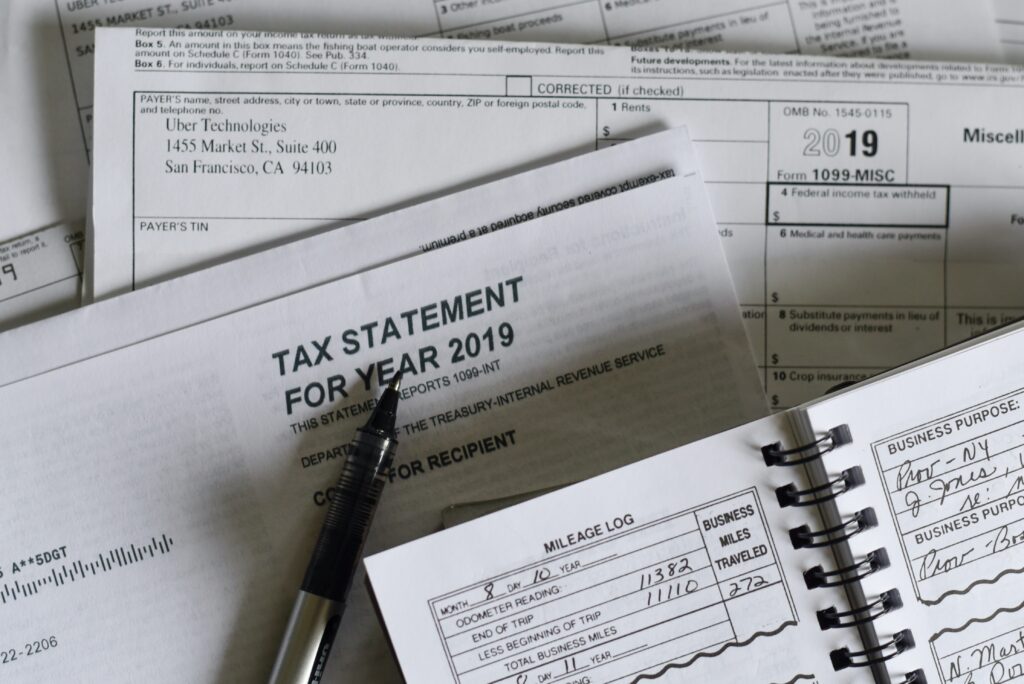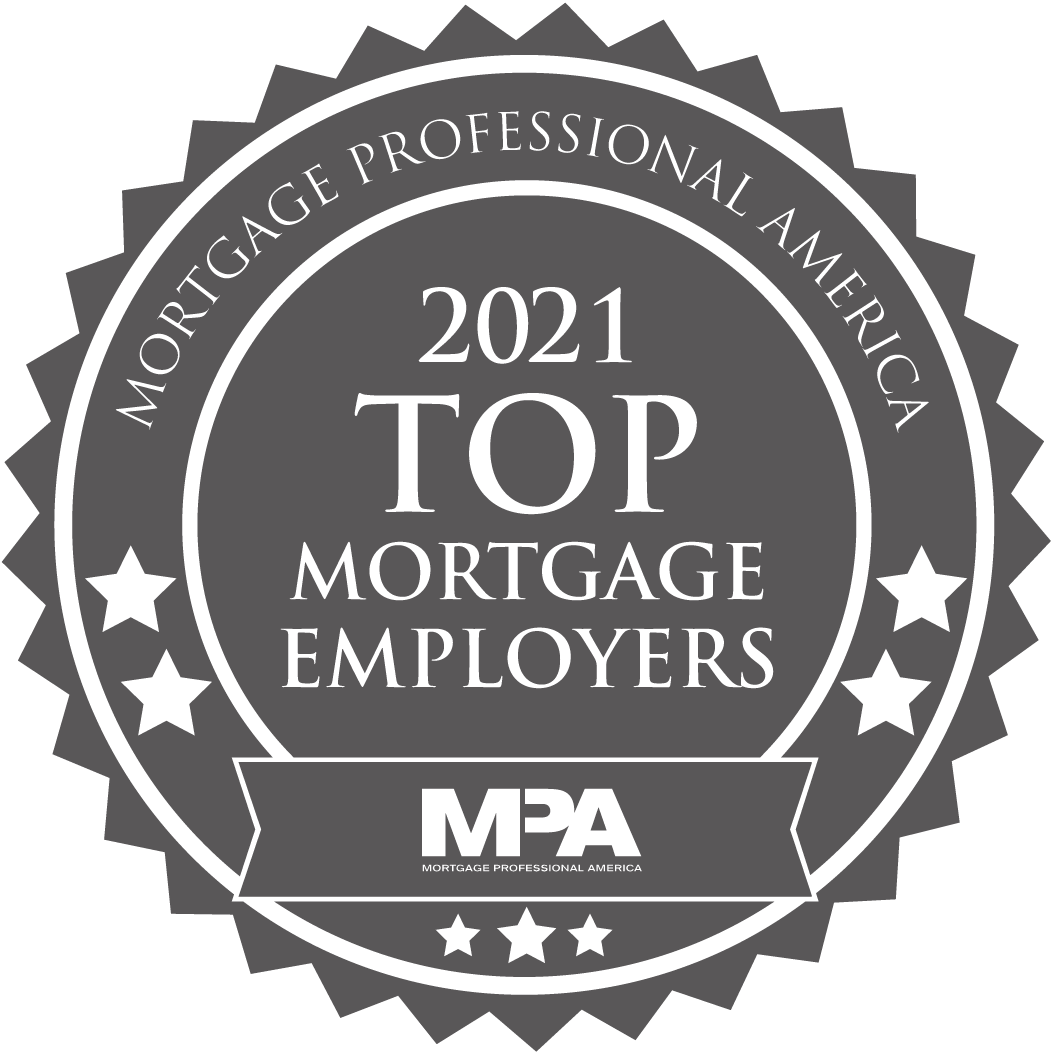Mortgage lenders base quite a bit on a borrower’s employment and income information to determine their ability to pay back a loan. This can make it challenging for independent contractors, freelancers, or entrepreneurs to obtain a mortgage.
Luckily, there are ways to increase your chances of approval. Here are five things to work on before applying for a mortgage as a self-employed borrower:

Organize Your Finances
Mortgage lenders will need a series of financial documents to establish your income for the loan. You will want to get bank statements, invoices, profit and loss statements, and balance sheets ready and organized before getting started.

Reduce Your Write-Offs
Normally, it would be advantageous to maximize your tax deductions. When it comes to seeking a mortgage loan, the more write-offs you take, the lower your income looks. You could be making yourself appear like a riskier borrower by accident.

Credit Score Come-Ups
This one is a no brainer. Your credit score is a huge indicator of your borrowing risk, so if you can, take the time to improve yours. You can do so by paying down debts, settling any overdue accounts, and ensuring your credit report is accurate.
More tips for improving your credit score are available here.

Go in Together
Adding a co-borrower to your mortgage could be useful. In doing so, it factors in their income as well. You’ll want to go with someone with good credit, a low debt-to-income ratio, and consistent income, which brings us to our last tip.

Consistency is Key
As much as possible, it is best to portray a consistent employment history. Most borrowers look to see if you’re in the same line of work for at least two years. Right before you apply for a mortgage may not be best time to switch careers!
As challenging as it may seem to qualify for a mortgage while self-employed, it is certainly possible. As the workforce in the Untied States continues to diversify, the housing industry is adapting. If you’re ready to take the next step, call or click to apply now!






